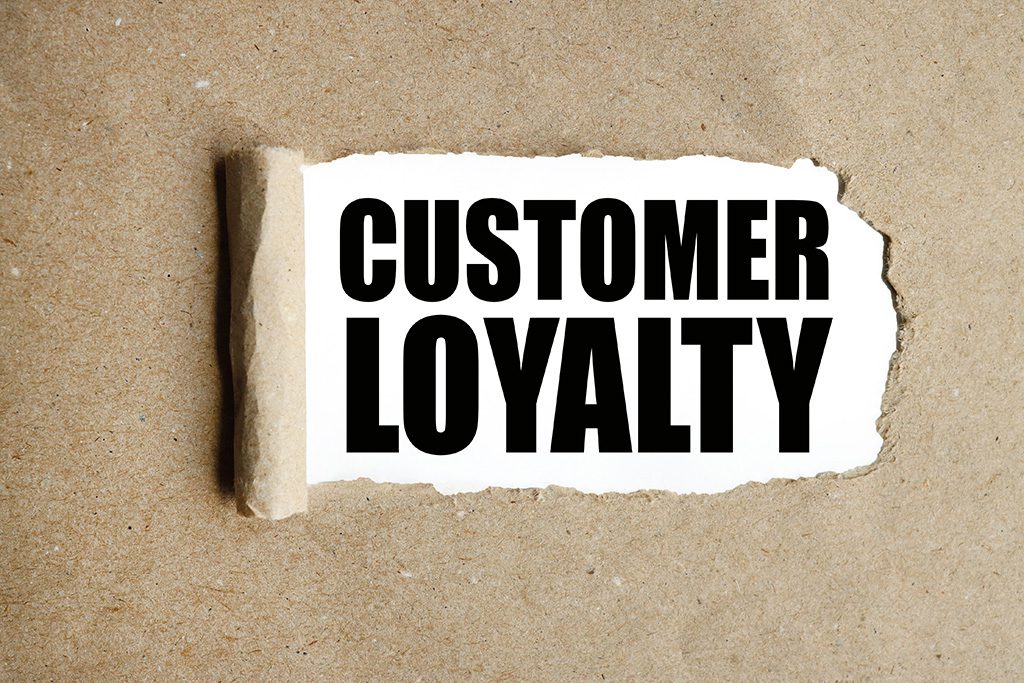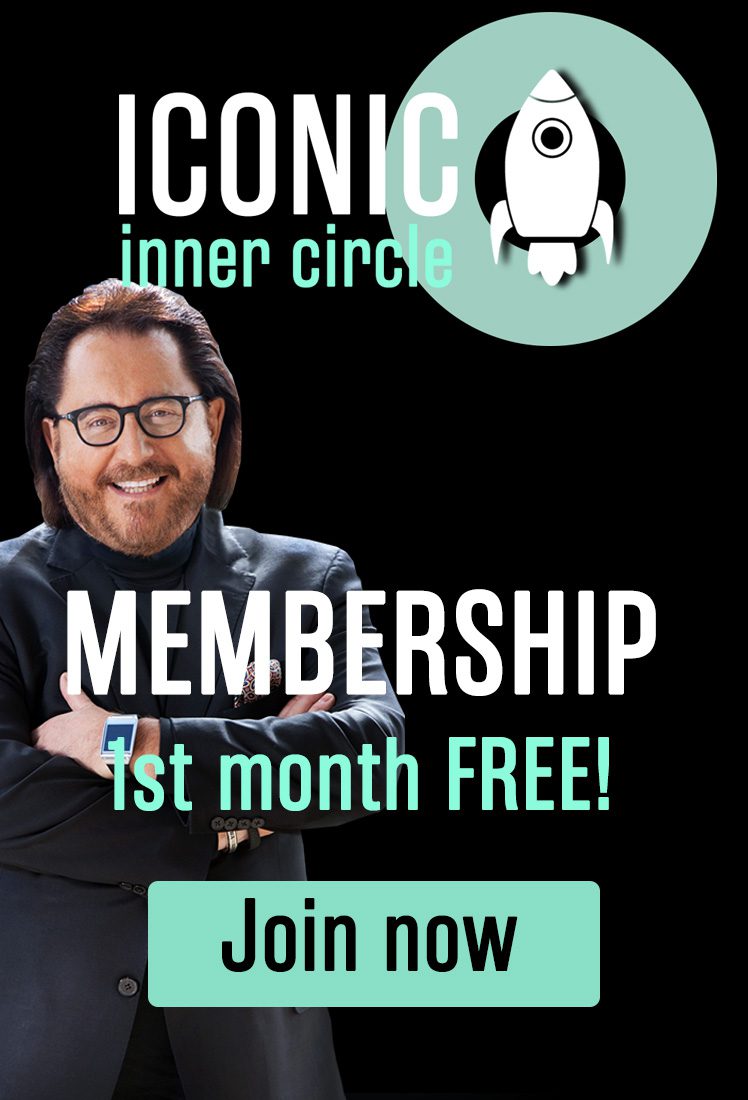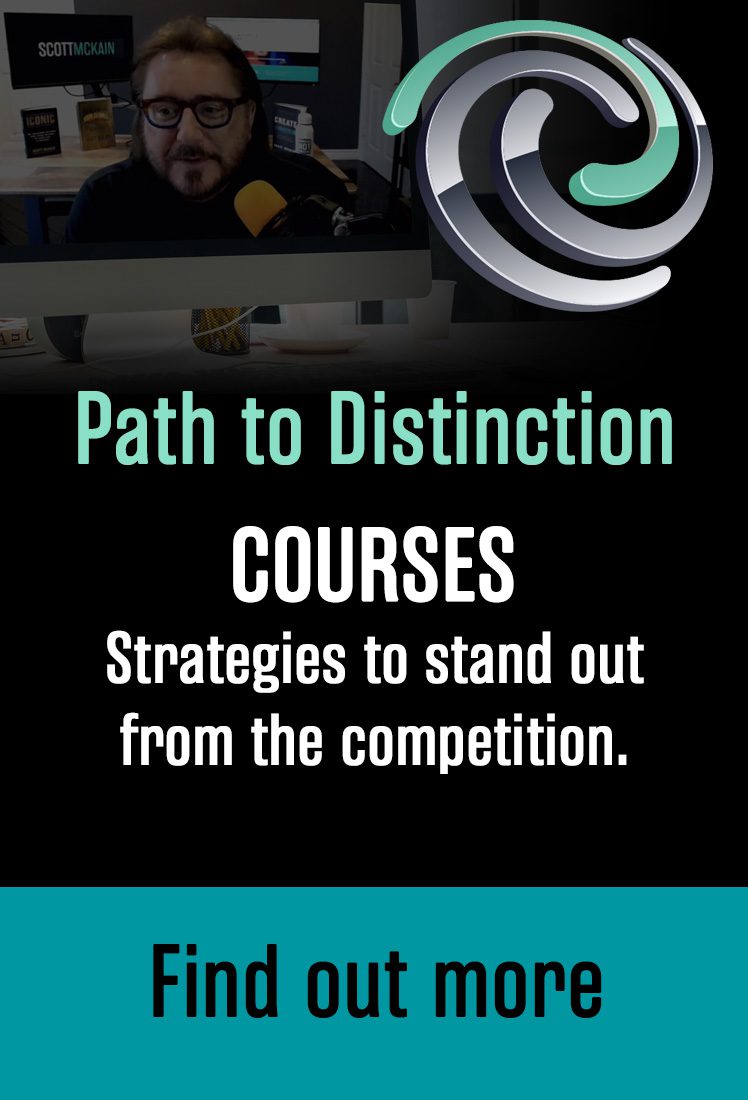There probably is not one single entrepreneur or leader of a large enterprise who would suggest they would want their customers to become less loyal to the business. Yet, even with good intentions, that’s exactly what they are creating.
You may have heard me mention (and maybe many times) how much I dislike the show, “Undercover Boss.” It portends to present a boss who becomes enlightened and finds elements to make better for employees and customers. Instead, in my opinion, it exposes how little some leaders know about what front-line employees and customers are experiencing in their engagements with the business.
This is backed up by a recent article in Harvard Business Review reporting on research by Thomas S. Robertson and Paula Courtney titled, “Understanding The Boomerang Effect of Loyalty Programs.”
Their study discovered that during the pandemic, loyalty programs at many businesses made customers less likely to do business with the organization in the future.
Here’s basically what would happen: a “platinum level” (among the best customers a company can have) would call the special platinum line to get help with a problem or issue. However, the staff on that line either weren’t trained to solve that problem – or the staffing had been cut and were not responsive.
This means they were then bounced to a general area of problems solving – meaning it took more calls and more time for great customers to get help than prospects or average customers!
The study reported, “The results showed that members of loyalty programs not only experienced more service friction than other shoppers but were more likely to struggle to have their issues resolved. For instance, loyalty members surveyed in May required an average of four contacts with the company before reaching a solution, and the process took 5.1 days. Nonmembers needed just 2.8 contacts and 3.3 days.”
In ICONIC, I reveal that my study clearly shows that those leaders and organizations at the highest level of distinction display “Reciprocal Respect.” In other words, Iconics know that if they want their customers to be loyal and engaged, then they must be loyal to and engaged with those customers.
As our world inches toward a return to normality, we all need to be asking these three questions:
- What’s important to our customers right now?
- What problems in the immediate situation could cause the most problems for our customers? (It may not be what was most important a year ago!)
- How have we adjusted so we solve their problems and deliver what they want now?
If you want loyal customers, you must determine what is important to them…right now.
And if you’d like to take your business – and yourself – to the ultimate level of distinction, join our Iconic Inner Circle. There is zero risk – you can cancel at any time – and your first month is FREE. Go to https://IconicInnerCircle.com for more information.



